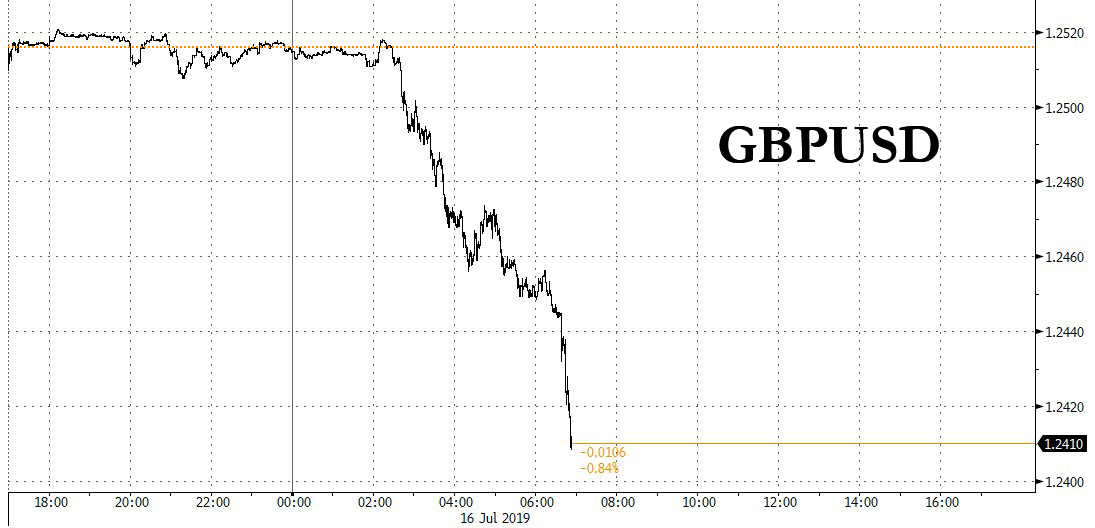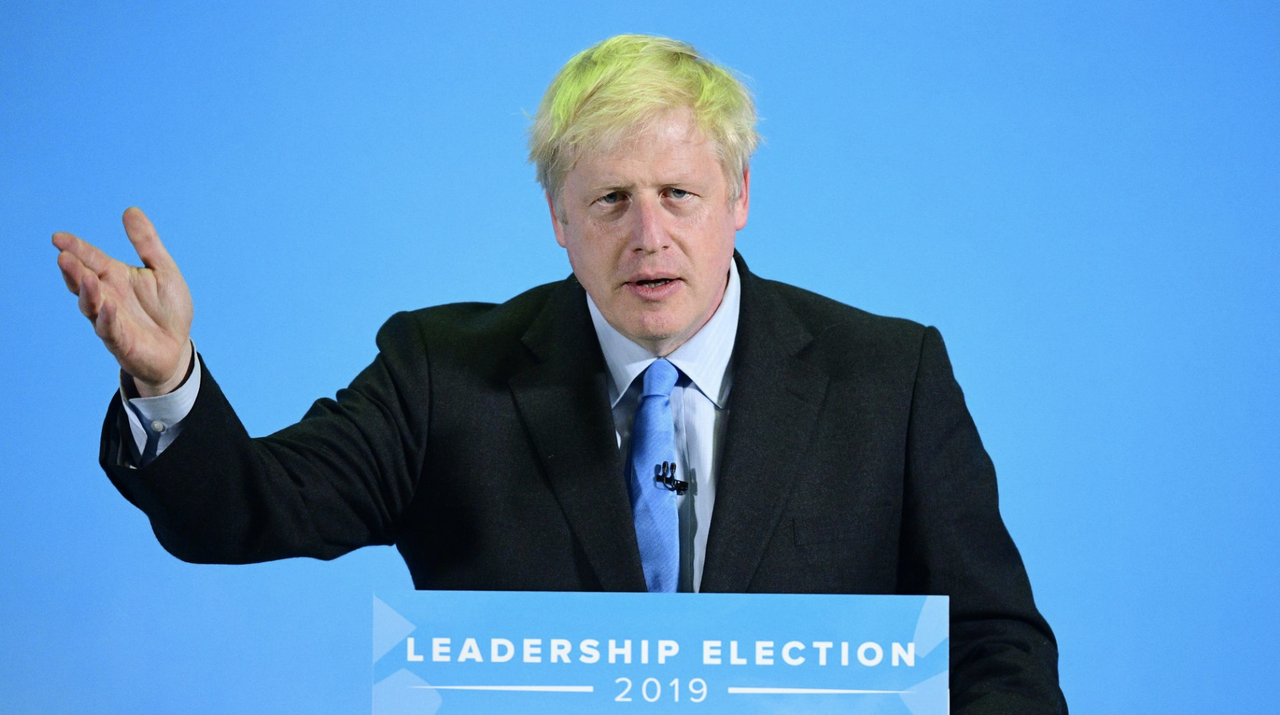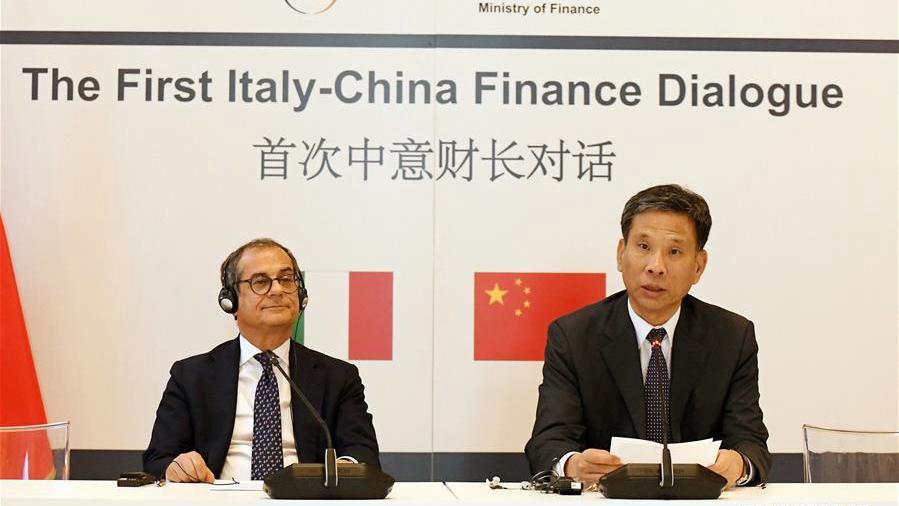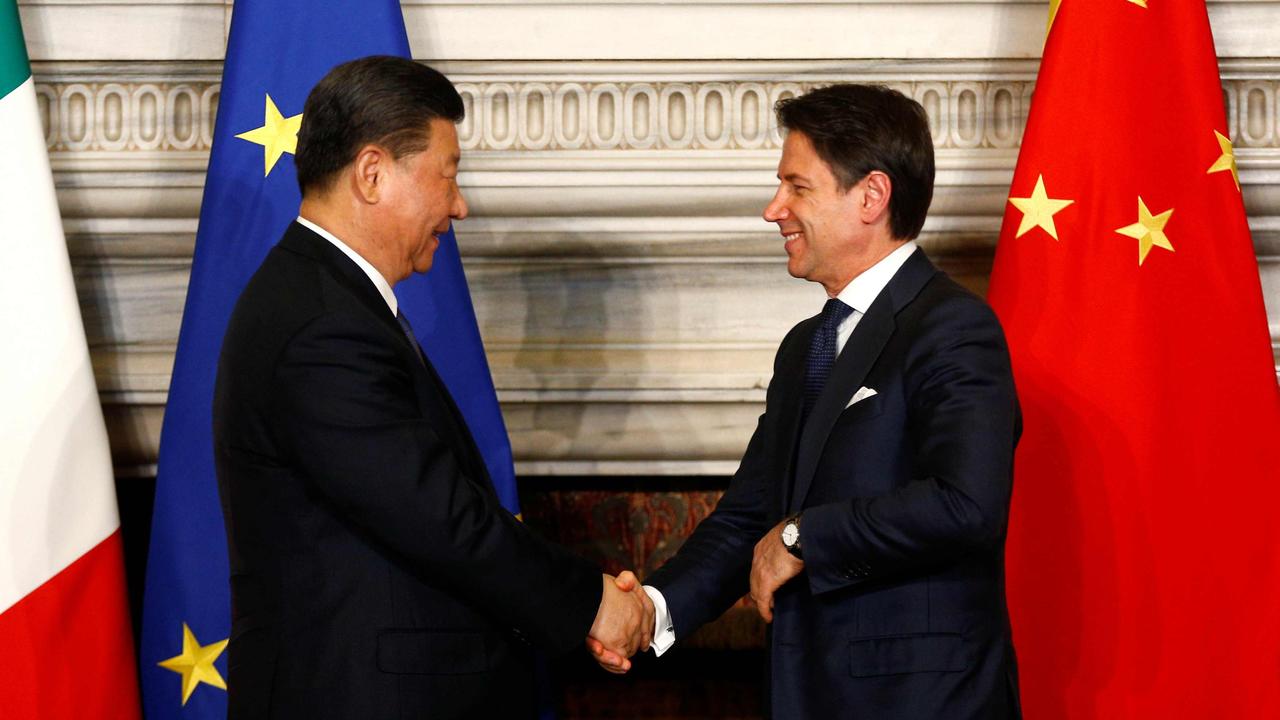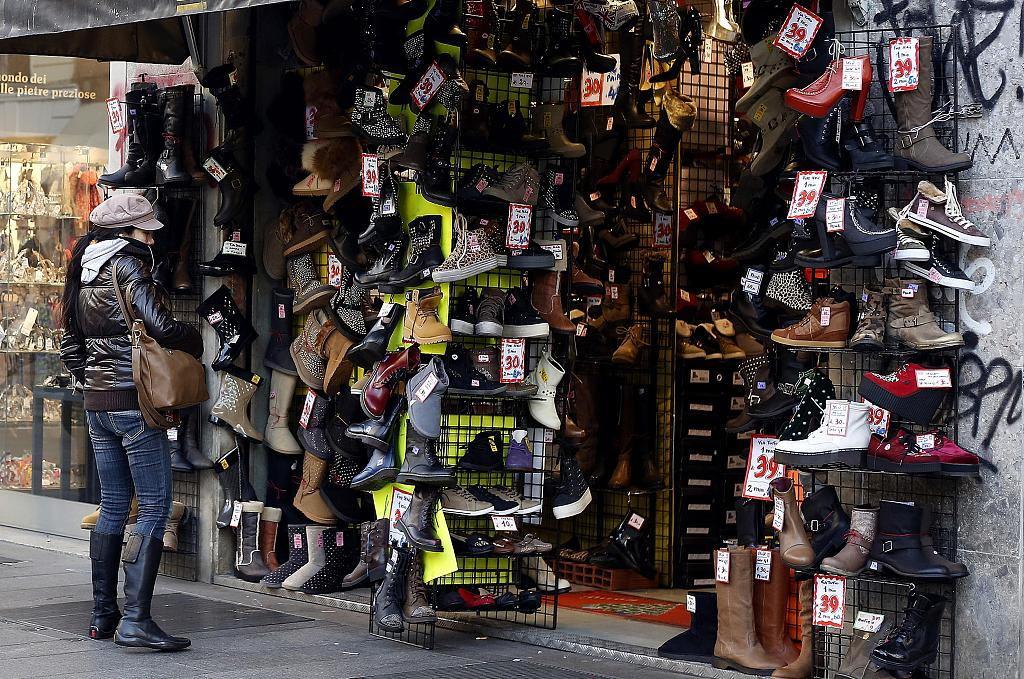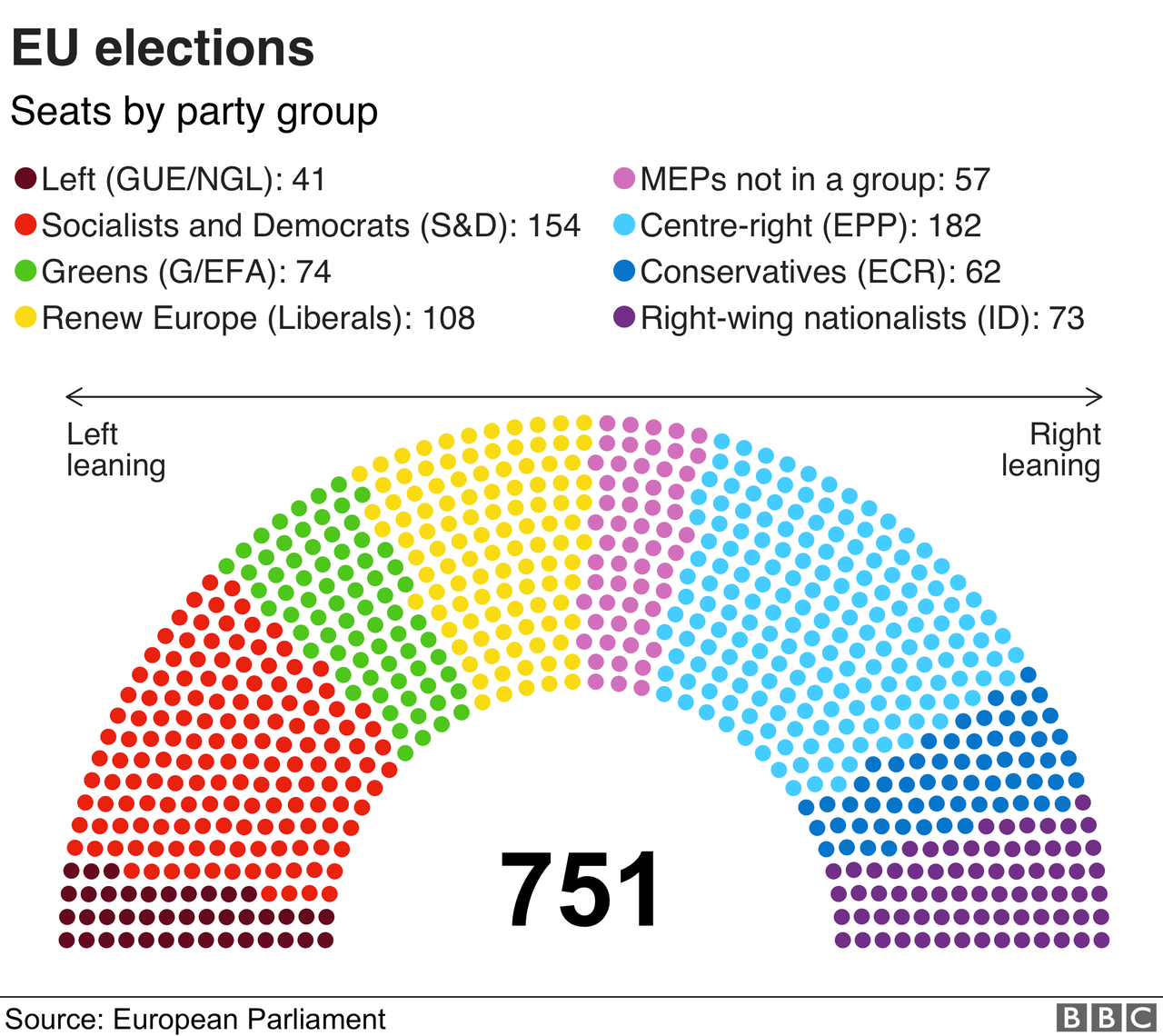Recording events from public land shouldn’t be a crime.
Yet when a woman in Utah, standing by a public road, filmed farmworkers pushing a cow with a bulldozer, the farmer drove up to her and said, “You cannot videotape my property.”
Soon the police came and local prosecutors charged her with “agricultural operation interference.”
They dropped the charges several months later since she was on public land.
But what if she’d posed as a farmworker, got a job on the farm, and then secretly recorded what she saw?
Increasingly, activists do that. More than 100 such undercover investigations have been done.
They then distribute video that sometimes shows animals being cruelly abused. In my video this week, we see calves being hit, kicked, and thrown.
Farmers, upset about such recordings, are now asking politicians to outlaw them, and several state legislatures have obliged. They’ve passed “ag-gag” laws—bans on sneaking onto farms to secretly record what they see.
Kay Johnson Smith of the Animal Agriculture Alliance supports such laws, though she doesn’t use the term “ag-gag.”
“We call it ‘farm protection,'” she told me. “Activists stalk farms to try to capture something that the public doesn’t understand. The agricultural community is the only business where this sort of tactic is really being used.”
Smith says the activists’ real agenda is not just preventing cruelty to animals: “These activist groups want to eliminate all of animal agriculture.”
I believe her. Many activists are animal rights extremists.
But I also worry that laws like ag-gag rules will stop people from revealing abuses. I’m an investigative reporter. I can’t do my job well if laws prevent me from showing the abuse. Audiences often won’t believe what I report if they can’t see it for themselves.
Videos made by the group Mercy for Animals have led to criminal charges. Some of their investigations led Walmart to create new purchasing policies.
The Animal Legal Defense Fund claims ag-gag laws violate the First Amendment. They’ve succeeded in getting several states’ ag-gag laws struck down.
When Iowa’s law was ruled unconstitutional, legislators simply replaced it with a narrower law that forbids activists to lie to get access to farms.
The activists argue that because farms lie about their practices, the only way to reveal the truth is to lie to get onto farms.
Activists simply “want to ensure that the American public knows how these foods are processed, what happens to animals,” says Animal Legal Defense Fund lawyer Amanda Howell.
“You’ve got tens of thousands of animals in warehouses standing on concrete floors never seeing the light of day…. If that affects people’s purchasing decisions, then there’s a reason for it,” says Howell.
“They want to make their movie…their sensational video,” retorts Smith. “If they really cared about animals, they would stop it right then! Instead, they go weeks and months without reporting anything to the farm owners.”
That’s often true.
Activists say long-term investigations are necessary because otherwise “a company can say this is a one-off,” says Howell. Long-term investigations “show that’s something that happens every day.”
I took that argument to Smith.
“What they really want is to stop people from eating meat, milk and eggs,” she said. “There are bad apples in every industry, (but) 99.9 percent of farmers in America, they do the right thing every single day. Farming isn’t always pretty.”
I asked Howell if she and her group do want to end all consumption of meat and eggs. It’s funny watching her response on the video. She never gives a straight answer.
But her evasions bother me less than corporations using politicians to censor their critics.
Whatever you think of the activists—and I have problems with many of them—government shouldn’t pass special laws that prevent people from revealing what’s true.
COPYRIGHT 2019 BY JFS PRODUCTIONS INC.
DISTRIBUTED BY CREATORS.COM

from Latest – Reason.com https://ift.tt/2xRHnWs
via IFTTT

